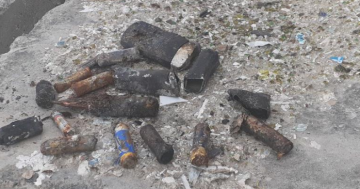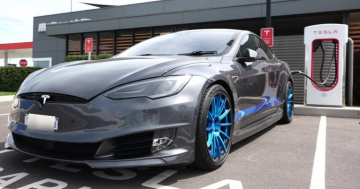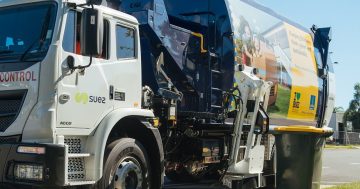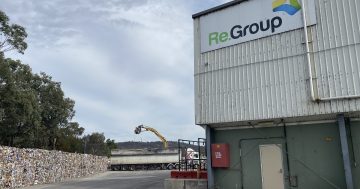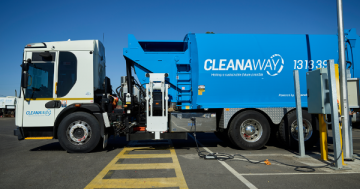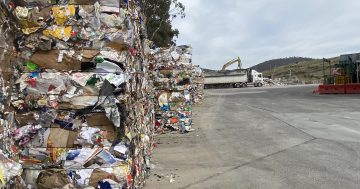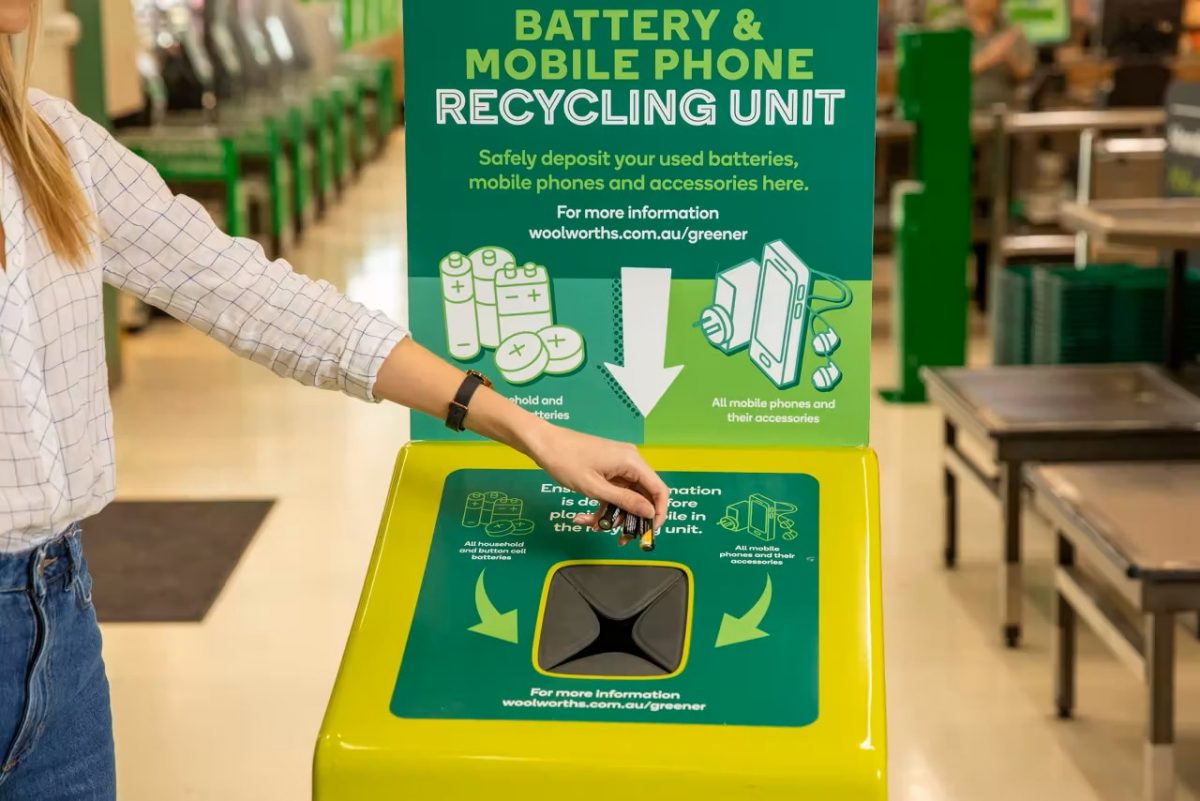
Just do it: a supermarket battery recycling unit near you. Photo: Woolworths.
When it comes to sorting your rubbish, what does it take for some people to get it?
The Hume recycling plant went up in smoke late last year because people couldn’t set aside household batteries for bins found at just about any supermarket in Canberra.
Battery remains were found inside the compacter at the site, and lithium batteries in particular were blamed for the blaze.
The cost of the fire itself remains unknown, but the ACT Government estimates it has cost $1.4 million of our money so far to transport recyclable waste to facilities in Sydney and Victoria.
All because of ignorance, laziness or wilful neglect.
It’s the same attitude that continues to contribute to recycling bins being contaminated with other materials, creating inefficiencies and reducing the benefits of the circular economy.
I’ve lost count of the number of yellow top bins overflowing with oily pizza boxes that can’t be recycled.
Or recyclable material going into landfill because people find it too hard to separate it from basic rubbish, or simply won’t.
The other day I saw a tradie throw a sealant tube into a bin clearly marked for cardboard at my new residential complex, and bagged rubbish is constantly going into the recycling bins.
Some neighbours can’t even flatten the seemingly never-ending cartons that accompany moving in, clogging up the bins.
But that pales in comparison with the danger of tossing batteries, especially of the lithium kind, into the recycling bin.
A national battery recycling program, B-cycle, kicked off in January 2022 and there are drop-off points across the ACT, as well as at Mitchell and Mugga Lane.
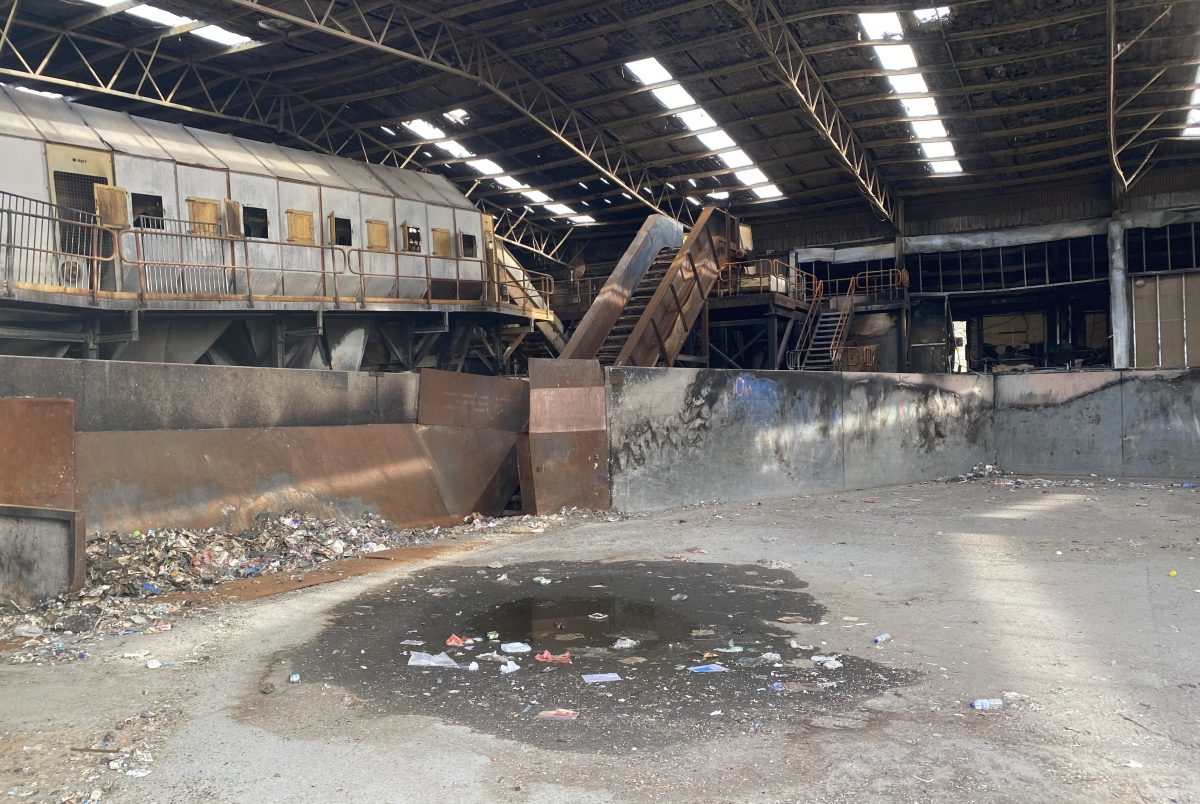
The interior of the Hume recycling facility was extensively damaged. Photo: Claire Fenwicke.
For those who don’t know, there are fines of up to $800 for incorrectly and illegally disposing of batteries.
The government will now embark on an education campaign with the NSW Government and regional councils on the safe disposal of all types of batteries.
That’s another cost to taxpayers, but worth it if it prevents another fire that could be more devastating.
But will the government also start looking at stiffer fines or an inspection regime to police our bins, like in Melbourne?
There, inspectors tag contaminated bins, which are not emptied.
That might be enough to convince recalcitrants to do the right thing.
But is that what Canberra really wants to see?
In fact, a trial of bin “educators” ended in March last year, where households received a tag with recycling advice.
If anything, the fire shows there are real consequences for not keeping certain materials separate from each other, especially batteries.
But it is a costly way for Canberrans to be reminded.












